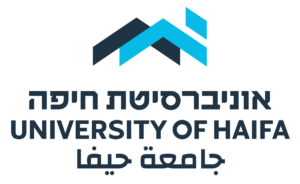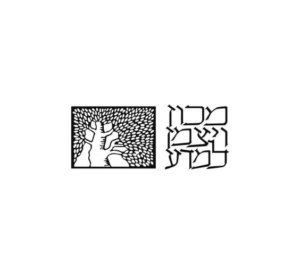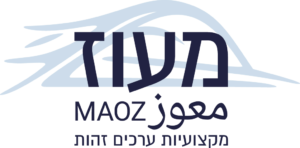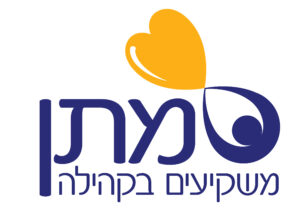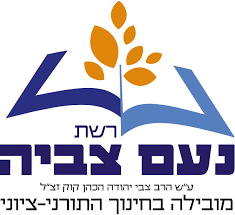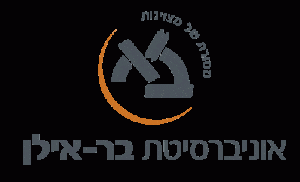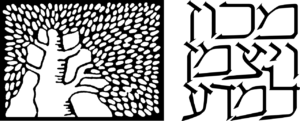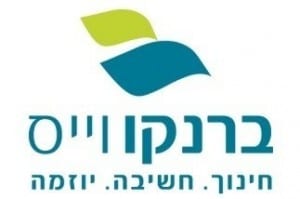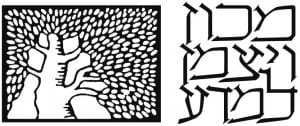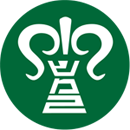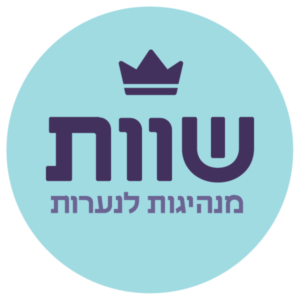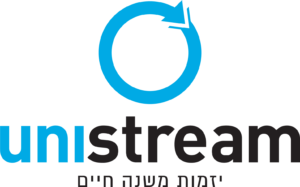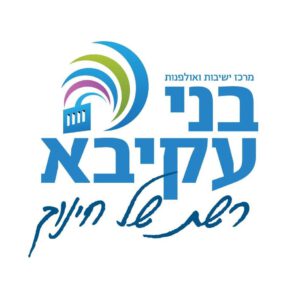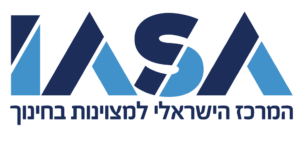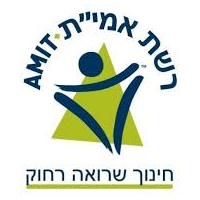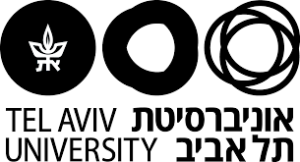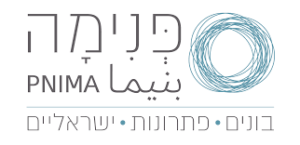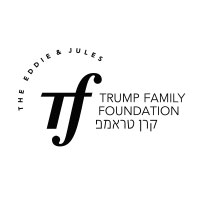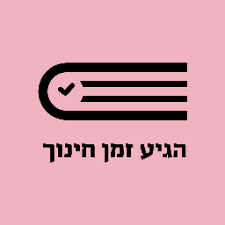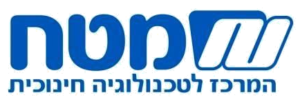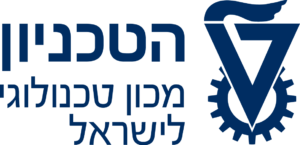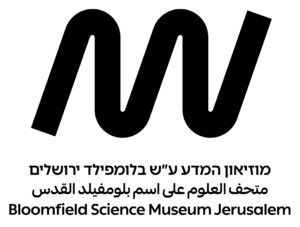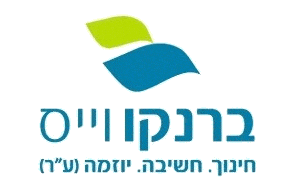In middle school, female students constitute a minority in the excellence classes, making up 40% of the students. Their performance on the PISA mathematics test is lower than that of boys, with only 30% of excelling students being girls. A recent study by the Aaron Institute reveals that elementary school mathematics teachers tend to favor […]
How to prepare the young generation for an era of machine learning and artificial intelligence is now the new burning issue for education systems around the world. Still in their infancy, several countries are already rolling out rapid steps to start teaching these new innovative topics. Their emerging curricula cover relevant content, skills and values […]
Only half of the middle schools in Israel (about 500 out of 1,000) have excellence classes. In these classes, highly motivated and capable students learn advanced mathematics and develop solid foundations in physics and computer science. Graduates of these classes are more likely to excel on the PISA test and often choose the five-unit tracks […]
During our activities over the past decade, we noticed that, alongside cognitive skills, students in excellence tracks also need mental abilities. For some, the excellence class is the first instance in their lives where they are studying with better-performing peers, confronting learning difficulties, and sometimes even facing the need to overcome failure. They are expected […]
Philanthropy has played a unique role in Israeli society, with foundations being highly active and instrumental in almost all areas of Israeli life. From education to welfare, culture to the environment, foundations establish institutions, support programs, and train professionals. Each with its own perspective and size, they all contribute to a better and stronger Israel. […]
The national religious education stream in Israel serves 14% of Israeli school students. It includes schools operated by the Ministry of Education, municipalities, and a range of independent school networks. One of these networks is the Noam Zvia Education Network, which includes 33 high schools, of which 11 are Yeshivot (religious high schools for boys) […]
The 2022 PISA results in mathematics for Israel’s Jewish national religious schools were very surprising. Male students reached a peak level of performance, with 18.5% excelling in mathematics, whereas female students dropped dramatically by 50% to a very low rate of 4.3%. The foundation published the results in national religious media, which triggered an overwhelming […]
The 2022 results of the PISA test in mathematics revealed a decline of 32% in the number of excelling female students in Israel (in comparison to an 11% increase among male students). This downturn among Israeli female students correlates with similar trends in other Western countries following the COVID-19 pandemic. We assume this decline is […]
Since the lockdowns of schools during the pandemic in 2020, we have witnessed a decline in performance among female students at the highest levels of the PISA assessment in mathematics. This decline correlates with reports of higher levels of stress and anxiety, and a decrease in self-confidence and efficacy among female students. Since the war […]
How to prepare the young generation for an era of machine learning and artificial intelligence is now the new burning issue for education systems around the world. Still in their infancy, several countries are already rolling out rapid steps to start teaching these new innovative topics. Their emerging curricula cover relevant content, skills and values […]
In June 2020, the foundation approved a grant to the Branco Weiss Institute for a program to implement applied mathematics assignments in 240 middle school excellence classes and high ability groups in the Central District. When implementation of the program began, there was a huge demand for it from Hebrew-speaking schools. This year, 500 teachers […]
The turnaround over the past few years in the number of high school graduates of the five-unit tracks in mathematics and the sciences has been a result of a special combination of government policy, academic R&D and teaching practice. Many players across the Israeli spectrum have joined hands to ignite momentum and create a supportive […]
Israel’s National Security agencies are now building a cyber-security and warfare capacity which would allow them to monitor computer communications, to defend national infrastructure from computer hacking, and so forth. This endeavor is expected to have a ripple effect on many elements of life in Israel. For example, alumni of these agencies would have the […]
Israel relies on exceptional human talent, that led the creation of a remarkable science-based tech economy. For many parents and children in Israel, fulfilling “the Israeli dream” has meant graduating high school with five units in mathematics, serving in an elite army intelligence tech unit, studying engineering at university, and then finding a lucrative R&D […]
In 2022, female students comprised 50.1% of the high school graduates from the five-unit track in mathematics. This marked a significant milestone after years of substantial efforts to reduce gender gaps, resulting in female students constituting a slight majority for the first time. This improvement was intentional, as many high achievers in the four-unit track […]
The results of PISA 2022 revealed large gaps between students from high and low socioeconomic backgrounds. Specifically, 19.2% of students from families in the top third of the socioeconomic scale achieved a top-performing score (levels 5-6), compared to only 1.8% of students from the lowest income third. These substantial gaps have placed Israel in an […]
Bnei Akiva is a veteran religious school network in Israel, founded in 1954. The network includes 58 secondary schools serving more than 20,000 students. Studies are separate for girls and boys, who learn in gender-based institutions. In the 22 schools for girls, at 8th and 9th grades, there are 3,000 students, of whom 660 (22%) […]
Every school grade in Israel comprises approximately 140,000 students, of whom about 30,000 are Arabic-speaking students. In the 2012 PISA cycle, only 0.5% of them reached the top levels (5-6) of performance, representing about 150 students in total. Additionally, 3% (~900) of the Arabic-speaking students achieved the medium level 4, representing the future potential pool […]
Amit is the second largest network of schools in Israel, serving mainly religious Jewish students. Thirty-two thousand students attend its secondary schools, including almost 15,000 female students, studying in separate, single-gender, or mixed education frameworks. The network is a veteran partner of the foundation in doubling the rate of its graduates of the five-unit track […]
The 2022 PISA results of Arabic-speaking students in mathematics are 98 points lower than those of Hebrew-speaking students (according to the OECD, every 20 points reflect a gap of one school year). This gap has slightly reduced from 111 points in the 2018 cycle of the study. Nevertheless, when zooming in on high achieving students […]
The war caught the Israeli school system in a vulnerable condition. A growing shortage of teachers, a toxic relationship between government and the unions, and frequent turnover at the Ministry of Education, all contributed to a general ineffectiveness. These factors are exacerbated by the long-term consequences of COVID and the judicial reform, leading to severe […]
When the foundation embarked on its middle school strategy in 2019, we turned to ‘Sheatufim’ to create a coalition of stakeholders to support the effort. Relying on the success of a previous joint effort that concentrated on five units in high school, Sheatufim initiated the formation of a network of partners. Using the “Collective Impact” […]
“It’s Time for Education” is the largest digital education magazine in Israel, with a subscription base of more than 60,000 educators. Established and operated by the Trump Foundation since 2014, the magazine provides educational content for and by teachers on a weekly basis. It includes best practices of teaching, research-based pedagogical methods, as well as […]
Meytiv Center for Positive Psychology is an expert in growth mindset and development of cognitive resilience among teachers and students. Meytiv is a veteran partner of the foundation, with numerous joint programs along the years for students and teachers of mathematics and physics. It is also a close partner of the Ministry of Education, and […]
The Center for Educational Technology (CET) is among the first grantee partners of the Trump Foundation. In 2012, CET created the “Virtual High School”, that allowed high school students in the periphery to study mathematics and physics at the five units level. Since then, CET has been collaborating with the foundation in many programs, including […]
As a result of the war, there is a risk that many high school students, who were preparing towards the five-unit matriculation in computer science, will drop out. This risk is imminent, since computer science is typically chosen as a second (optional) major, and the learning process requires continuous practice and ongoing preparation of assignments, […]
The Bloomfield Science Museum in Jerusalem hosts 170,000 visitors every year, of which 70,00 are school students. Students visit the museum as part of their science curriculum, to experience hands on engagement with exhibits and labs. When the war started, the museum staff volunteered on an individual basis in various locations. Now, the museum contacted […]
Over the last seven years, the foundation has been partnering with Bar Ilan University, to develop scenarios, scripts, and simulations for mathematics teachers. Hundreds of teachers participated in professional development workshops, using these simulations, to enhance their teaching practices. The workshops concentrated on the development of growth mindsets, techniques for implementing applied mathematics tasks in […]
The Schwartz Reisman Science Education network is a philanthropic initiative of a Jewish Canadian family, in collaboration with the Weizmann Institute. The network established seven science centers, offering formal studies of physics and chemistry to high school students in Tel Aviv, Rishon LeZion, Rehovot, Kfar Saba, Akko, Jerusalem and Netivot. The Center in Netivot teaches […]
Over the past 10 years, the foundation has invited the publication of a series of books on quality teaching together with the Branco Weiss Institute. The 15 books that have been published so far include translated Hebrew versions of innovative studies on education by renowned scholars from around the world, and two edited books with […]

